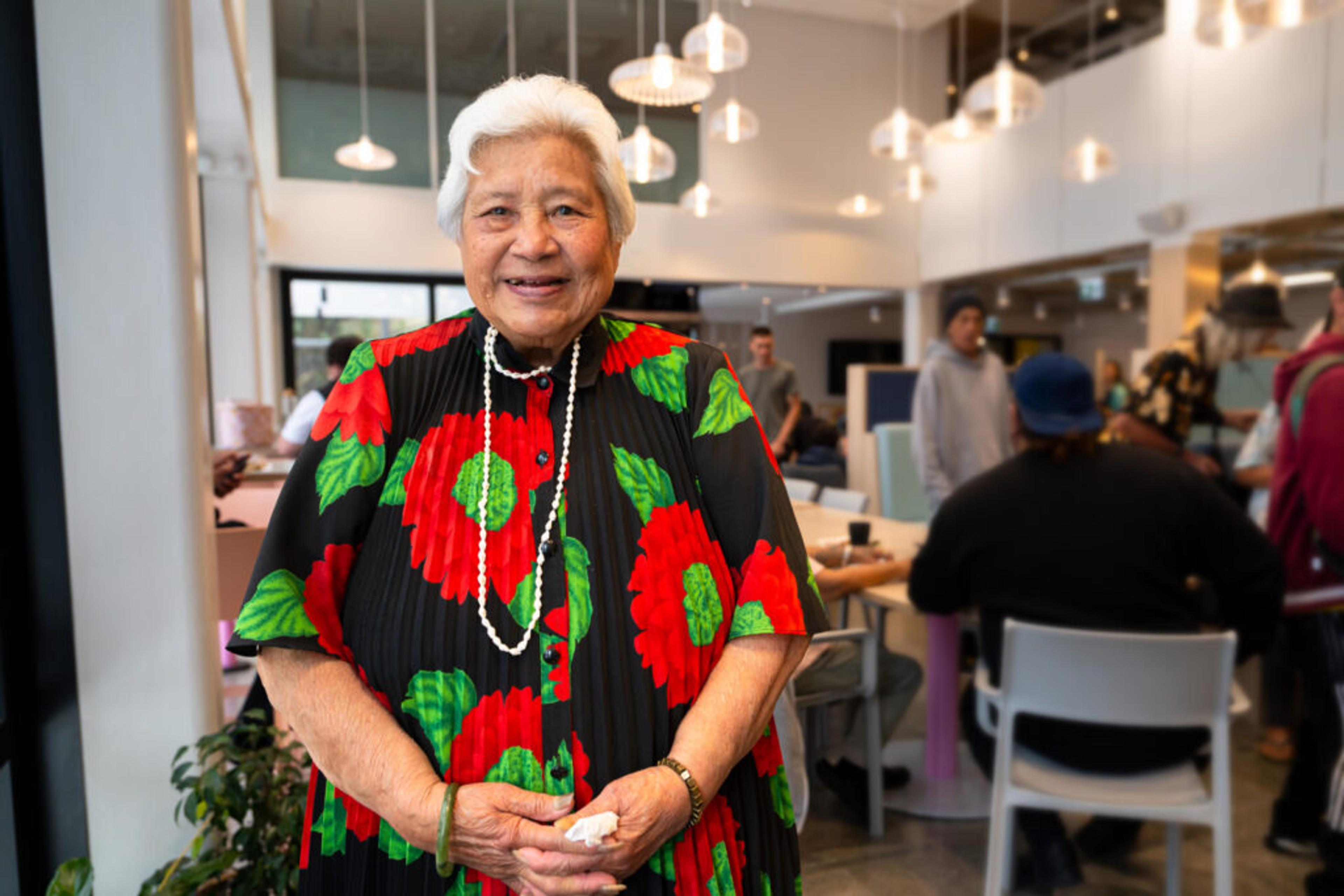

Nearly 30 years after her time on Wellington City Council, Namulau’ulu Tala Cleverley reflects on the challenges and legacy of being New Zealand’s first Pasifika councillor.
Photo/Wellington City Mission.
First Pasifika councillor on her struggles, pride and facing racism
At 95, Namulau’ulu Tala Cleverley reflects on her journey from Sāmoa to council, breaking barriers and highlighting the importance of representation.


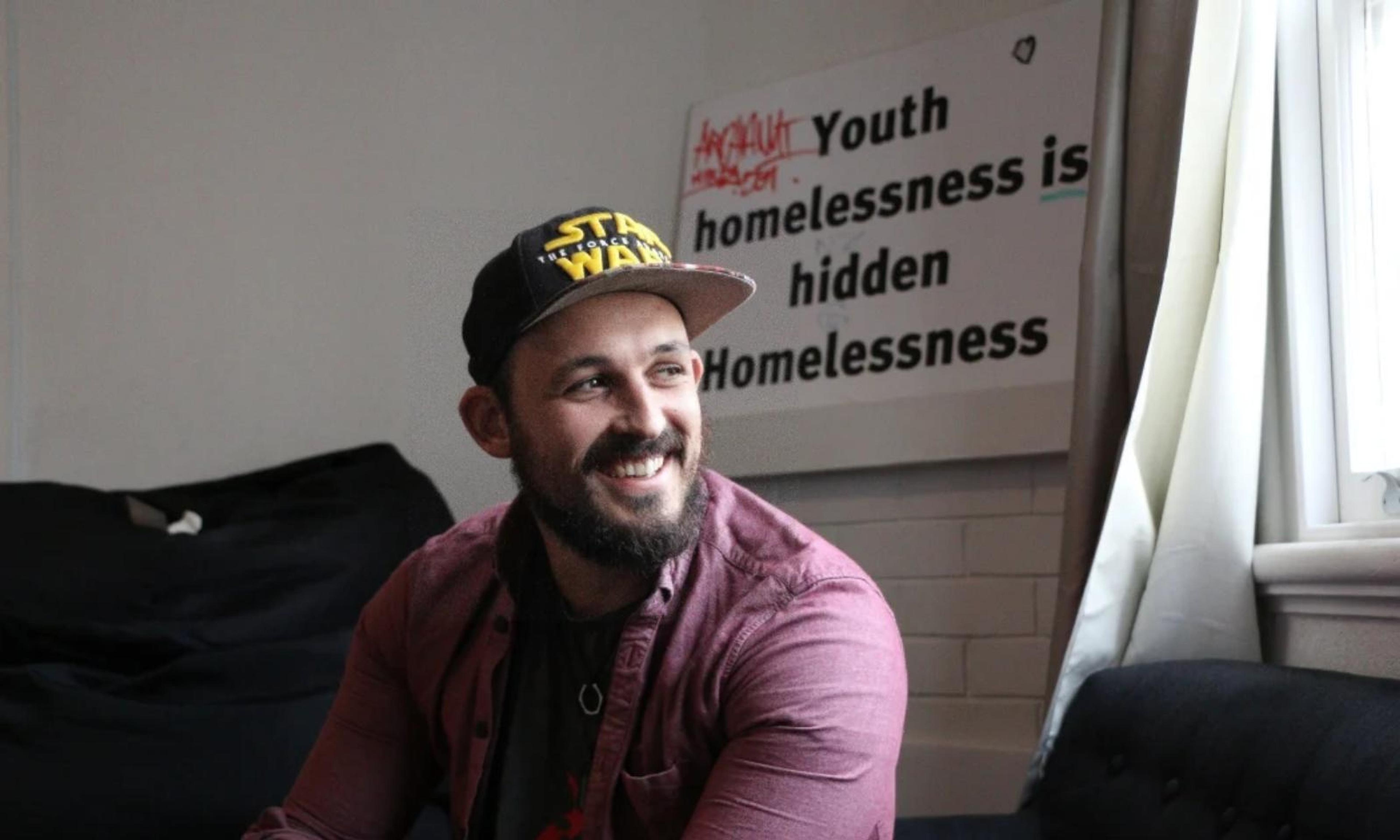
Govt accused of ‘punching down’ on young people over Jobseeker changes
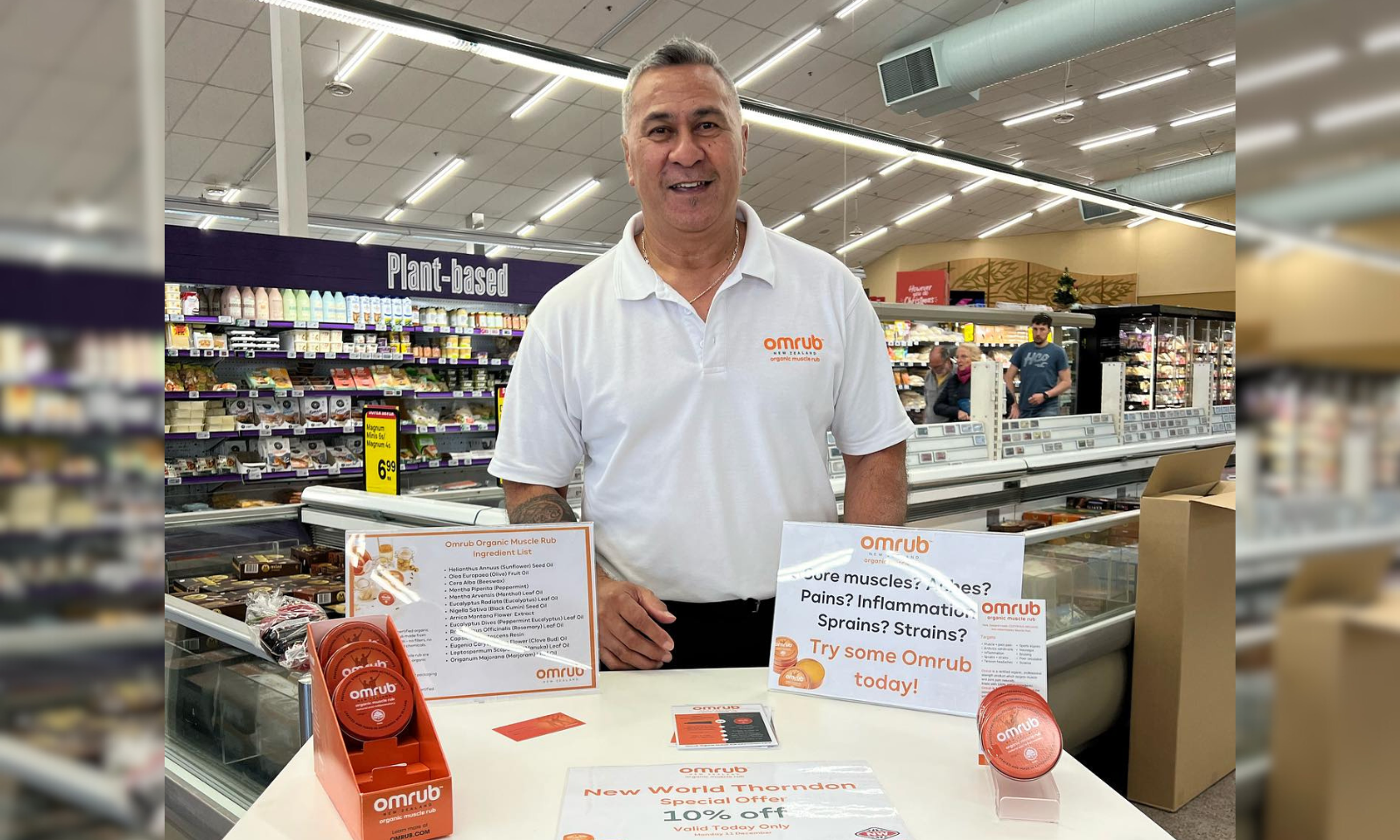
From mortgages to muscle rubs: Apa Fatialofa’s business is one built on belief

First Pasifika councillor on her struggles, pride and facing racism


Govt accused of ‘punching down’ on young people over Jobseeker changes

From mortgages to muscle rubs: Apa Fatialofa’s business is one built on belief
Sāmoan woman Namulau’ulu Tala Cleverley broke barriers in 1979 when she became the first Pasifika person elected to local government in Aotearoa, New Zealand.
Namulau’ulu, 95, says she ran for a seat on Wellington City Council because so many New Zealanders didn't understand Pasifika people.
She served from 1979 to 1995, often as the only Pacific voice in the chamber.
“They didn’t like the things I said, because I speak for my understanding of my culture. It’s shocking to them.
"Often they said I should go back where I come from. I said, ‘No, I’m here. I’m a New Zealander now, so you can’t send me back'.”
Why representation mattered
“I was happy to be there to bring the needs of voiceless people where plans and decisions are made.”
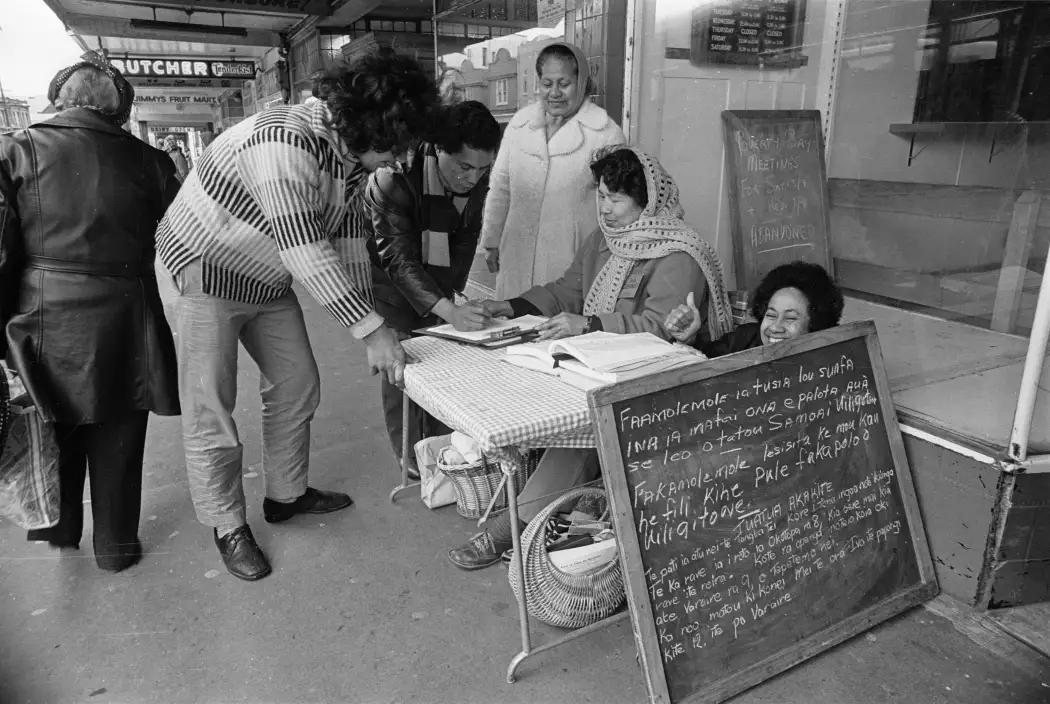
Namulau’ulu Tala Cleverley working to register Pacific People to vote in the election. Photo/NZ Archive: 22799028
She also remembers the culture shock and resistance she faced as a councillor.
“The people that I worked with at Wellington City Council, they were all people with, like this Pālagi saying, they were fed with a gold spoon in their mouth. So they don’t have to worry about anything," she said.
“Us, we struggled. [We] struggled to get there, and also not understanding, not knowing how the system works.”
Beyond the council chamber, she pushed for a Pacific presence in public life.
She created the Pacific Island Resource Centre, which stayed open “seven days, seven nights a week” as a refuge for street kids. She also persuaded the council to support the capital’s first Polynesian Youth Festival.
“None of us had ever thought to tell the council we want this and that, so I pushed it. They accepted and funded it.”
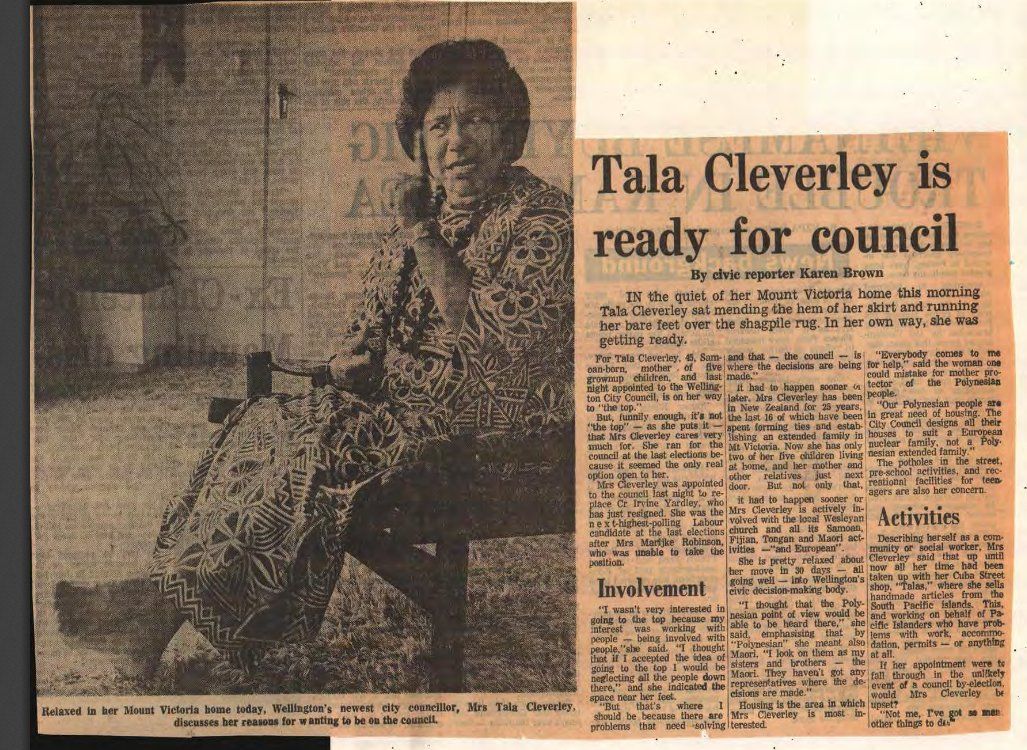
Namulau'ulu Tala Cleverley, Aotearoa’s first Pasifika councillor, serving Wellington from 1979 to 1995. Photo/Wellington City Council Archive 00001-14/46 (5/7)
These were firsts that paved the way for the Pasifika festivals and community hubs now common in New Zealand cities.
A trailblazer’s journey
Namulau’ulu was born in Sāmoa in 1930 and educated at a school run by nuns before working as a shorthand typist and bookkeeper at the only practising law firm in Sāmoa at the time, according to information from the Wellington City Council.
She arrived in New Zealand in 1950 on the MV Matua (known as the “banana boat”), which made stops in Tonga and Fiji before reaching Lyttelton.
In Wellington, she worked as a bookkeeper, typist for Social Security Services, and at Hannah’s shoe shop.
Determined to improve her English, she attended night classes at Wellington High School and later opened her own Sāmoan gift and handicraft shop in 1970.
The shop was born from racism and the way those experiences shocked her.
“People, they said, ‘You go back where you’re from,’ and they called us black. That was very [hurtful], and that’s why I had my shop. I wanted to show them we’re black, but we have brains.”
Through her shop, she aimed to show that Pacific people could create and run businesses, selling handmade carvings, jewellery, fabrics from Sāmoa, and clothes made by her family.
She was sworn in as a councillor in 1979 focused on helping Pacific people in Wellington have a voice.
“When I was working, I’d noticed that Pacific people were treated very differently from the Europeans in the workforce. So, when my children grew up, I wanted to show that we were good, skilled people.”
Namulau’ulu was a pioneering member of several groups, including the Norman Kirk Trust, PACIFICA Inc, and the Pacific Advisory Group. She helped organise Wellington’s first Polynesian Youth Festival in 1985.
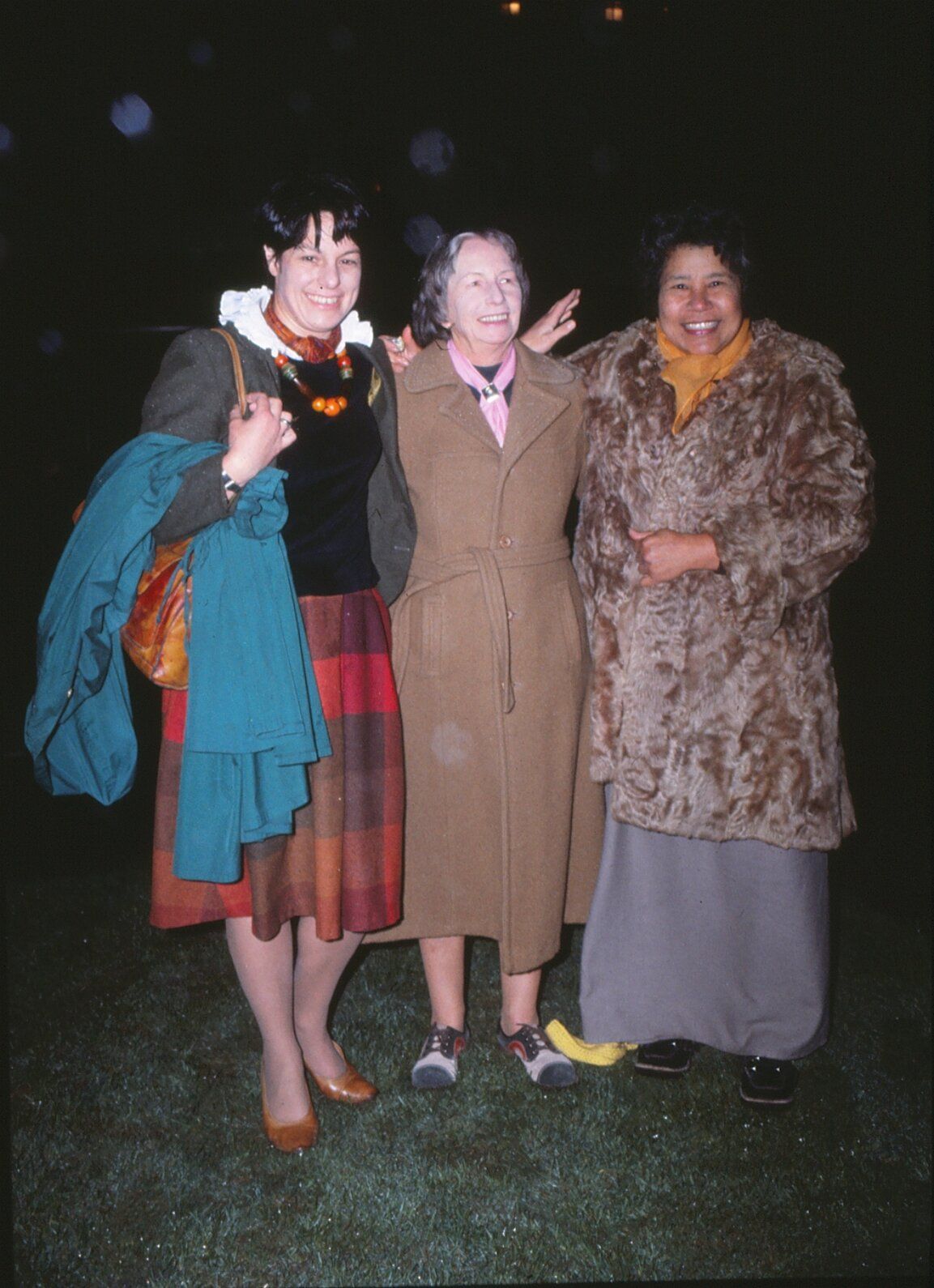
Tala Cleverley, right, with councillors Helene Ritchie and Betty Campbell at the opening of Midland Park. Photo: Wellington City Council Archives, 00291-3987.
Although she left the council in 1995, Namulau’ulu remained active, attending Pacific Advisory Group meetings as recently as 2014.
The silence since
Nearly three decades after Namulau’ulu left, Wellington has yet to elect another Pacific councillor.
Namulau’ulu believes the reason Pacific candidates haven’t been elected is because they don't work hard enough to meet people in their area.
Her advice to Pacific candidates is to be visible: join local residents’ groups, introduce themselves, and build trust.
“Don’t just sit at home and expect people to vote you in. You have to work.”
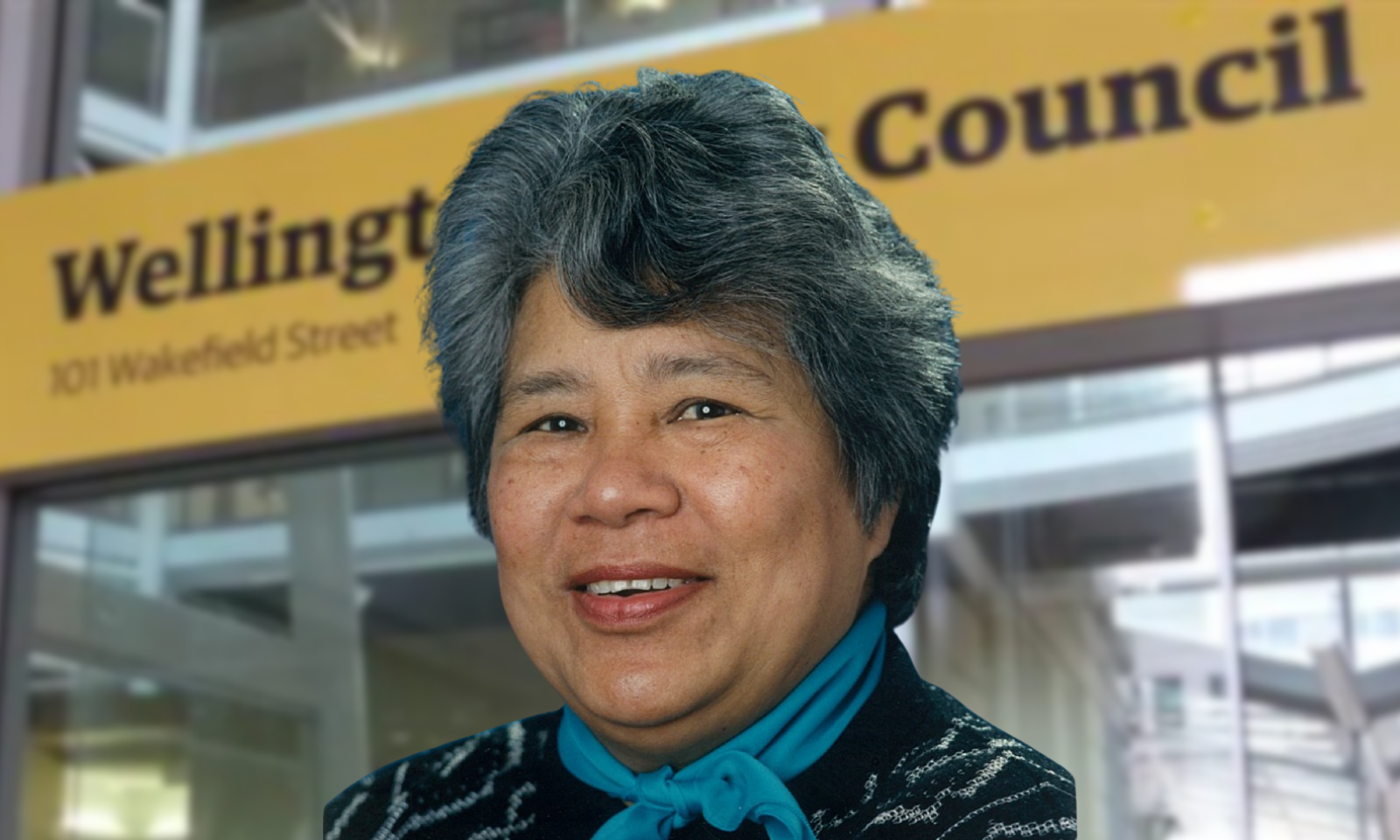
Namulau‘ulu Tala Cleverley, New Zealand’s first Pasifika councillor. Photo/Wellington City Council Archives Online/RNZ
Namulau’ulu's reflections resonate beyond Wellington. In South Auckland, where Pacific families make up a large share of the population but voter turnout remains low, the warning is sharp: democracy only delivers if Pacific voices are in the room.
“My time was a struggle… we were very backward, very poor, we had very little, because we didn’t understand. But now our children are equal as New Zealanders.”
Yet she cautions that equality on paper is not the same as influence in practice.
A life of service
Namulau’ulu looks back without claiming pride. “I never had that feeling proud. I think my feeling is I’m glad I have served God’s people.”
Only one Pasifika candidate is standing for Wellington City Council in this year’s elections.
LDR is local body journalism co-funded by RNZ and NZ On Air.
